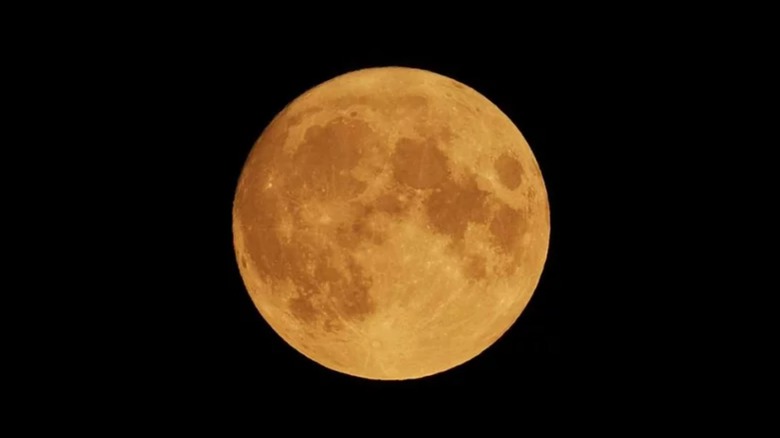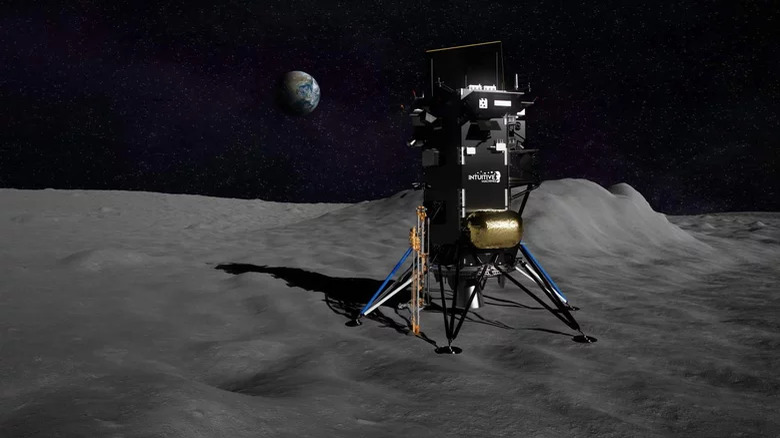Who Actually Owns The Moon?
Here on Earth, we're used to the idea of land ownership. A piece of land belongs to someone, whether that's an individual, a company, or a state, and the owner has rights over what is done with that land. But what about the Moon? Who owns that?
The short answer is that no one owns the Moon. That's because of a piece of international law. The Outer Space Treaty of 1967, put forward by the United Nations, says that space belongs to no one country. "The exploration and use of outer space, including the Moon and other celestial bodies," it reads (via UN), "shall be carried out for the benefit and in the interests of all countries, irrespective of their degree of economic or scientific development, and shall be the province of all mankind."
This specifically includes the Moon, with the treaty going on to say that, "Outer space, including the moon and other celestial bodies, shall be free for exploration and use by all States without discrimination of any kind."
This means that legally speaking, no country can claim to own the Moon. Countries might plant their flags there, but this is a symbolic gesture rather than a proof of ownership. In this way, the Moon is similar to Antarctica, which researchers from different countries can visit and work on but can't claim ownership of.
What about Moon mining?
That all sounds very egalitarian and noble in theory. But what about in practice? There's increasing interest in mining the Moon for resources, and although no company or state has tried this yet, it's only a matter of time before people rush to claim a piece of the celestial body.
NASA recently announced it would be inviting private companies to test out plans for mining ice on the Moon (via NASA), like a robotic lander that will land on the Moon's south pole and attempt to drill for ice (via NASA). The agency has also shared plans for what lunar mining could involve in the future (via JPL). So there's a clear interest from both space agencies and private companies in technology that can extract resources from the Moon.
What about the legality of this? According to EOS.org, a science magazine published by the American Geophysical Union, the U.S. government passed legislation in 2015 which granted the right of U.S. companies to sell resources they extracted from the Moon. Then, in 2020, an executive order reinforced this claim to space resources, including those on the Moon.
Other countries are also interested in lunar resources, including Russia, not to mention the interests of private companies.
The legality of this might be complicated, as there is legal debate over whether NASA's plans for the Moon are in conflict with international law (via Scientific American). But like many matters of law, it isn't a clear-cut case of whether something is allowed or not. As the next generation of Moon missions unfolds, we'll have to wait and see how the world's countries deal with complex issues of ownership in outer space.

